CURRENCY
BUSINESS OPPORTUNITIES IN NORWAY
NORWAY


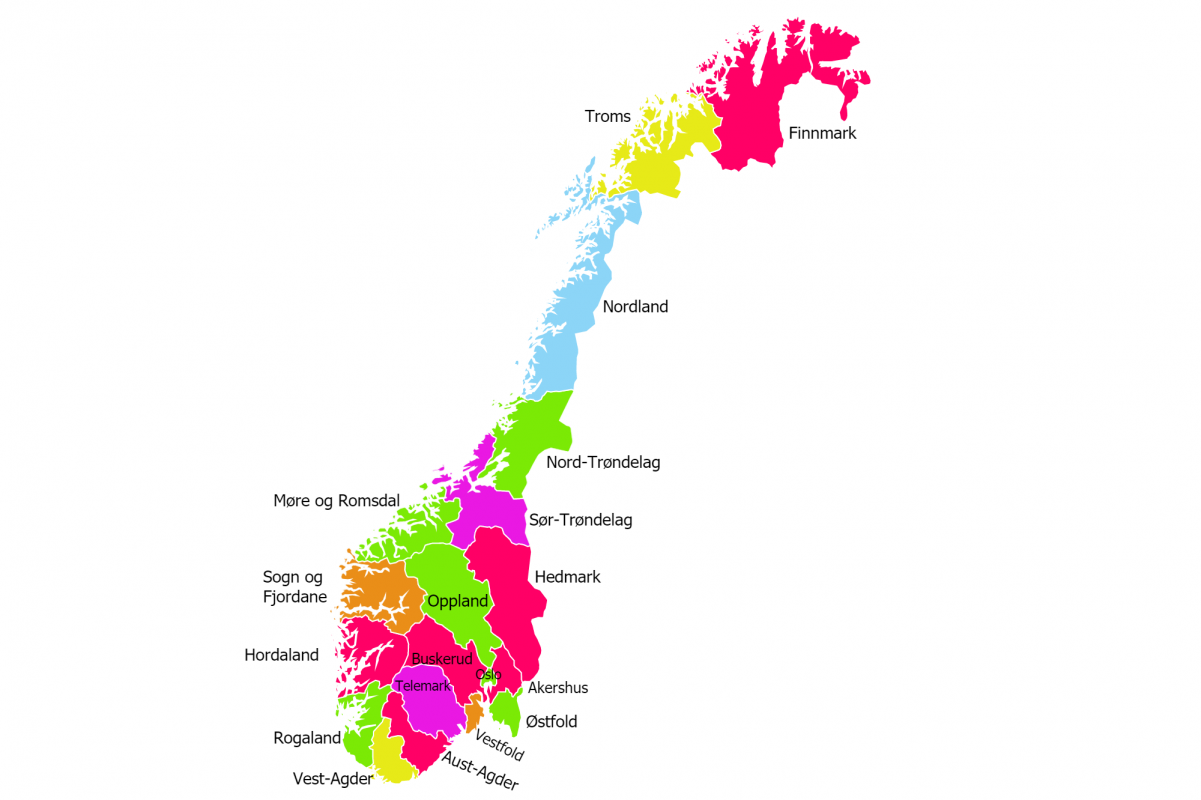
FLAG
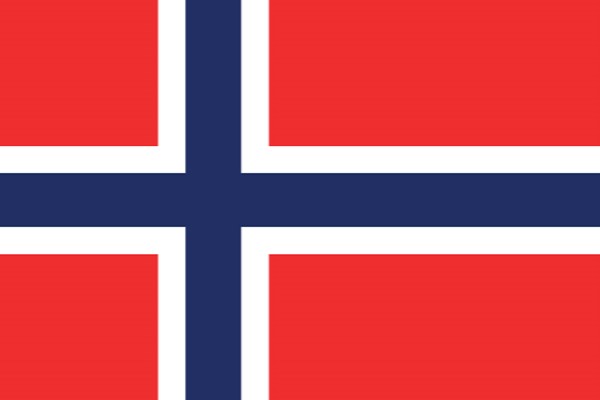
NORWAY
CAPITAL CITY
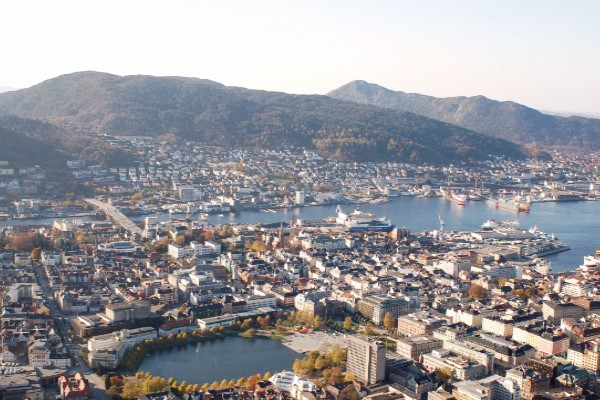
OSLO
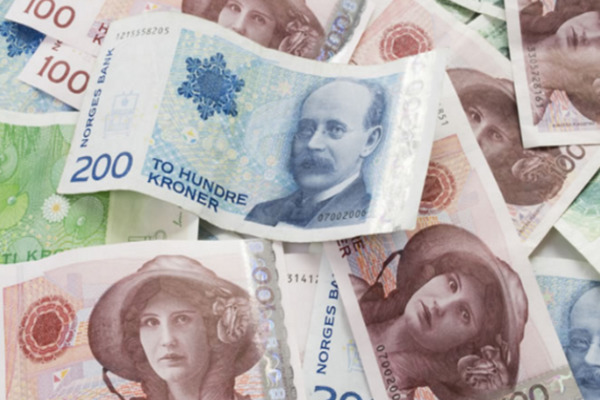
LNORWEGIAN KRONE
Language
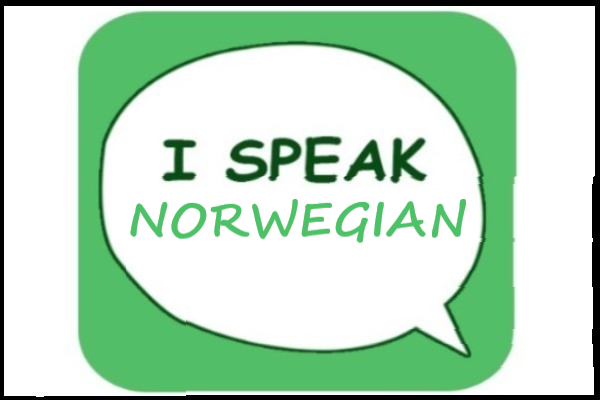
Population

54.66 LAKHS
Country
Calling Code
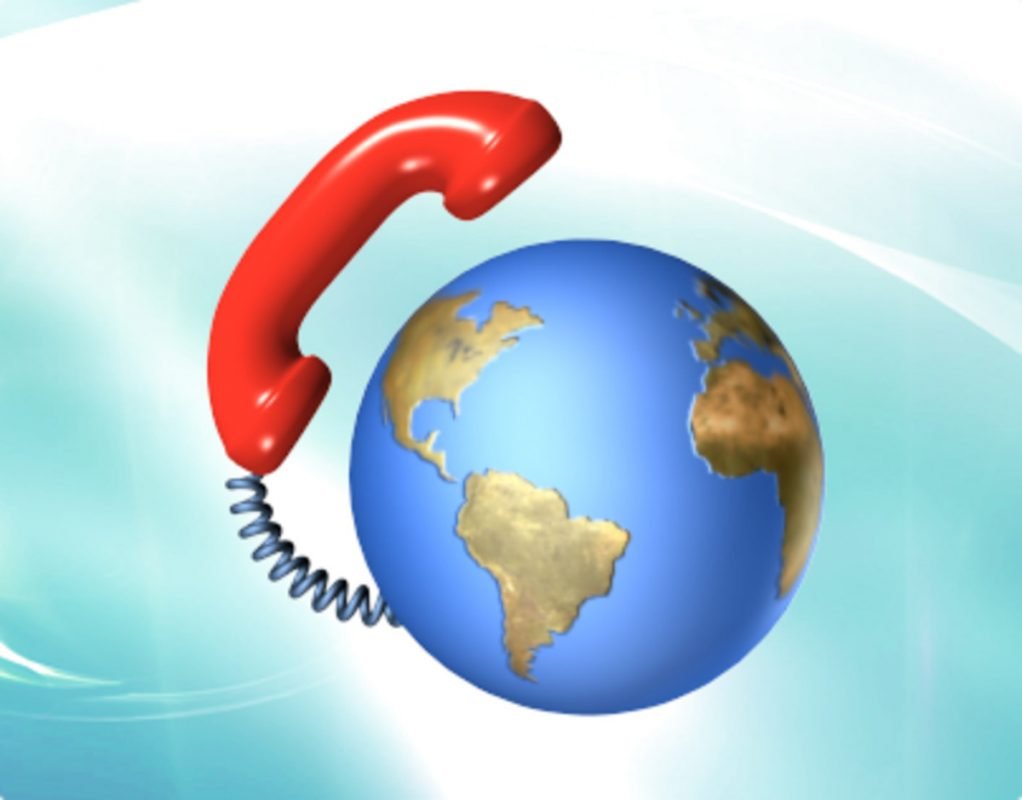
+47
LOCATION:
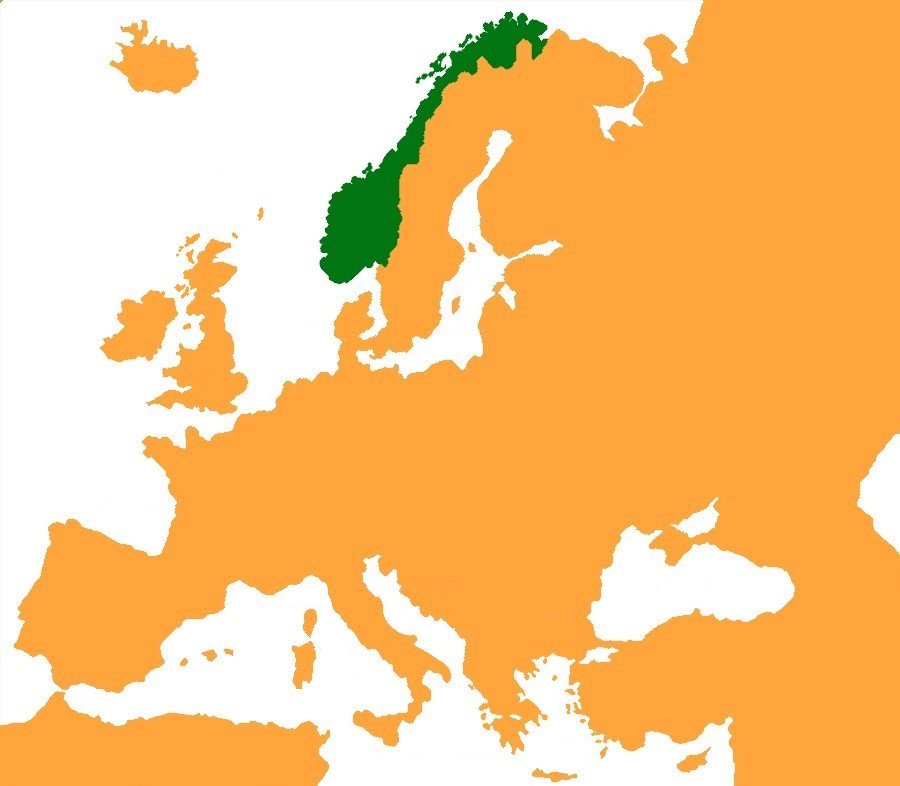
EUROPE
BORDER COUNTRIES:
SKAGERRAK
SWEDEN
FINLAND
RUSSIA
ABOUT NORWAY
Amongst all the countries in Europe, Norway, officially the Kingdom of Norway, is a Nordic country located in Northern Europe, occupying the western and northernmost part of the Scandinavian Peninsula. It is globally recognized for its breathtaking natural beauty, particularly its deep fjords, vast mountain ranges, and the Aurora Borealis. Norway is a major global player in oil and gas, but it is also a leader in renewable energy and sustainability. The capital of Norway is Oslo, which is its largest city, serving as the country’s primary economic, governmental, and cultural center. According to the report of the World Bank, Norway is classified as a High-Income Nation, consistently ranking among the wealthiest countries in terms of GDP per capita and quality of life. The currency of Norway is the Norwegian Krone (NOK). As of today’s exchange rates (June 2025), 1 Norwegian Krone is approximately 8.52 Indian Rupees. The population of Norway is estimated to be around 5.55 million in 2025. Its neighbouring countries are Sweden to the east, Finland and Russia to the northeast. Norway also has extensive maritime borders with Denmark, the UK, and Iceland. The official languages of the country are Norwegian (with two written standards: Bokmål and Nynorsk). English is widely spoken and understood, especially in business, education, and tourism sectors. While the Church of Norway (Evangelical Lutheran) holds a historical and cultural position, Norway is a highly secularized society with growing religious diversity. Currently, Norway has numerous international airports, with Oslo Airport, Gardermoen (OSL) being the primary international gateway, offering extensive air connectivity globally. As a country with a long coastline, Norway boasts many crucial commercial seaports, including Bergen, Stavanger, Trondheim, Tromsø, and Narvik, which are vital for international trade, oil & gas operations, and the thriving seafood industry.
The standard corporate income tax rate in Norway is a competitive 22%. Norway offers various tax incentives and support schemes to foster innovation, research, and development (R&D), particularly in green technologies and regional development. The SkatteFUNN scheme, for instance, provides tax credits for R&D projects. While not a member of the European Union, Norway is part of the European Economic Area (EEA), granting it access to the EU’s single market, ensuring free movement of goods, services, capital, and people, and aligning its regulations with EU standards. Opesh Group of companies will be helping you in the completing Due Diligence process which includes financial planning, registration process, business options, and if required, even helping you find a Rental property for your office.
Establishing a business in Norway is characterized by high levels of transparency, efficiency, and a robust legal framework. The Brønnøysund Register Centre (Brønnøysundregistrene) is the central government agency for registration and information on businesses. A foreign investor who is planning to start his business in Norway can form various company types, with the most common and flexible structures being a Limited Liability Company (Aksjeselskap or AS) or a Norwegian Registered Foreign Company (Norskregistrert utenlandsk foretak or NUF), which is essentially a branch office of a foreign company. The AS is a popular choice for foreign investors due to its limited liability and requires a minimum share capital of NOK 30,000. Foreign ownership is generally permitted up to 100%. Norway’s legal system is based on civil law, with strong emphasis on contracts, environmental protection, and labor laws, providing a secure and predictable environment for businesses.
In Case an investor is planning to establish an AS or NUF in Norway or a corporate business setup, Opesh Group will be helping you in taking the right decision for setting up your business in Norway and we will also guide you about how to follow the procedure while formulating your company in Norway.
Types of Business which can be started in Norway-
- Energy (Renewables & Oil/Gas): While a major oil and gas producer, Norway is aggressively investing in renewable energy (hydropower, wind power, hydrogen, carbon capture and storage – CCS). Opportunities exist in green energy solutions, offshore wind technology, and energy efficiency.
- Seafood & Aquaculture: Norway is a global leader in sustainable seafood production, especially salmon. Opportunities are strong in aquaculture technology, processing, seafood export, and marine biotechnology.
- Maritime & Offshore Technology: With a long maritime history, Norway excels in shipping, offshore drilling technology, maritime equipment, and digitalization of ocean industries.
- Information & Communication Technology (ICT): Norway is highly digitalized. Opportunities are significant in software development, fintech, cybersecurity, AI, big data analytics, and digital solutions for traditional industries like energy and maritime.
- Cleantech & Environmental Technologies: Strong focus on sustainability drives demand for waste management, water purification, smart grid solutions, and circular economy initiatives.
- Tourism & Hospitality: Leveraging its stunning natural landscapes, opportunities exist in sustainable tourism, adventure tourism, and unique hospitality experiences.
- Professional Services: High demand for specialized legal, consulting, accounting, and engineering services, particularly for the energy, maritime, and technology sectors.
Advantages of Starting Business in Norway-
- Highly Stable Economy: One of the world’s most stable and wealthy economies, supported by its sovereign wealth fund and responsible fiscal management.
- High Purchasing Power: A high GDP per capita translates into strong domestic demand for quality goods and services.
- Highly Skilled Workforce: Well-educated, productive, and largely English-speaking workforce with high levels of digital literacy.
- Strong Innovation & R&D Culture: Significant investment in research and development, fostering an environment of innovation and technological advancement.
- Excellent Infrastructure: Modern and reliable digital and physical infrastructure, including advanced broadband networks and efficient transport systems.
- Access to EU Single Market (via EEA): Provides seamless integration with the European single market for goods, services, capital, and labor.
- Focus on Sustainability: A leading nation in green technology and sustainable development, appealing to environmentally conscious businesses.
- Transparent Business Environment: Low corruption and high trust levels in society and public institutions.
Business Opportunities for Indians in Norway-
There are excellent business opportunities in Norway for new investors who are planning to start their business abroad. Norway’s advanced economy, focus on technology and sustainability, and abundant natural resources present compelling avenues for Indian companies. Indian investors with strengths in IT services (digital transformation, AI, cybersecurity, software solutions for maritime/energy), Renewable Energy technologies (solar, wind, hydrogen, smart grid solutions), Aquaculture and Seafood processing technology, Specialized Manufacturing (e.g., components for maritime/offshore, precision engineering), and Professional Services (consulting, engineering, R&D partnerships), can find significant potential for investment, collaborations, and market entry into the Nordic and European markets.
Imports & Exports-
Many goods are imported and exported from Norway. Imports and exports business is an ever-growing business in any country; however, you need to do proper R&D before investing in that product which you can import or export. You need to check whether that product is suitable for your target market and how much revenue you will be able to generate from that market.
Major items which are exported from Norway:
- Mineral fuels (crude petroleum, natural gas, refined petroleum)
- Fish, crustaceans, molluscs (especially salmon)
- Machinery and equipment
- Aluminum
- Electrical and electronic equipment
- Chemicals
Major items which are imported in Norway:
- Machinery, nuclear reactors, boilers
- Vehicles (other than railway)
- Electrical and electronic equipment
- Mineral fuels, oils, distillation products
- Articles of iron or steel
- Pharmaceutical products
- Plastics
Major items traded between Norway and India (as of 2024 data):
- Exports from Norway to India: Mineral fuels (e.g., crude petroleum, natural gas), fertilizers, machinery, fish and fish products.
- Imports in Norway from India: Organic chemicals, pharmaceuticals, articles of iron or steel, textiles, machinery, vehicles and parts.
Manufacturing-
Manufacturing in Norway is highly advanced, specialized, and often integrated with its core industries, particularly oil & gas, maritime, and clean energy. Opportunities exist in oil and gas equipment and technology, maritime equipment and shipbuilding, aluminum production and processing, specialized machinery, and increasingly, in the manufacturing of components for renewable energy solutions (e.g., wind turbine parts, hydrogen technologies) and aquaculture equipment. There’s a strong emphasis on automation and digitalization within the manufacturing sector.
Mining-
While not as dominant as its oil and gas sector, mining in Norway still plays a role, focusing on specific mineral resources. The main mining activities involve the extraction of iron ore, titanium, nepheline syenite, and limestone. There are also deposits of other industrial minerals and some metallic ores. However, large-scale, diversified mining of a wide range of minerals is not a primary economic driver compared to its petroleum and seafood industries.
Major Indian companies which are currently working in Norway-
Several Indian companies have established a presence or engaged in significant collaborations in Norway, particularly in sectors that align with Norway’s industrial strengths or its digital transformation agenda.
- Larsen & Toubro (L&T): Recently signed an MoU with DNV (a Norwegian assurance and risk management company) for collaboration in maritime and green technologies, indicating a growing interest in shipbuilding and offshore.
- Indian IT Services Companies: Firms like Tata Consultancy Services (TCS), Wipro, and Infosys often serve Nordic clients, including Norwegian companies, for digital transformation, cloud services, and IT consulting, often operating from regional hubs with dedicated teams for the Norwegian market.
- Pharmaceutical Companies: Some Indian pharmaceutical companies might have distribution networks or smaller operations for market access.
- Energy Sector: Indian energy companies may explore partnerships in the renewable energy space, given Norway’s ambitious green transition goals.
- GDP = $560 billion (PPP, 2024 est.), $570 billion (PPP, 2025 est.)
- GDP Growth = 1.5% (2024 est.), 1.8% (2025 est.)
- Ease of doing business rank = The World Bank’s ‘Doing Business’ report has been discontinued. However, Norway has historically ranked high (often in the top 10 globally) for ease of doing business, recognized for its transparent regulations, digitalized public services, and stable legal framework.
- GDP per Capita = $88,215 (nominal, 2024 est.)
Thanks for reading this Article. Watch our Video and know more about Norway. For any Business Enquiry Join Millionaire Program and change everything in life and Business.. Call/ WhatsApp +91- 8094607111.
MOST RECENT VIDEOS
SIGN UP TODAY
Get our exclusive content and offers in your inbox










